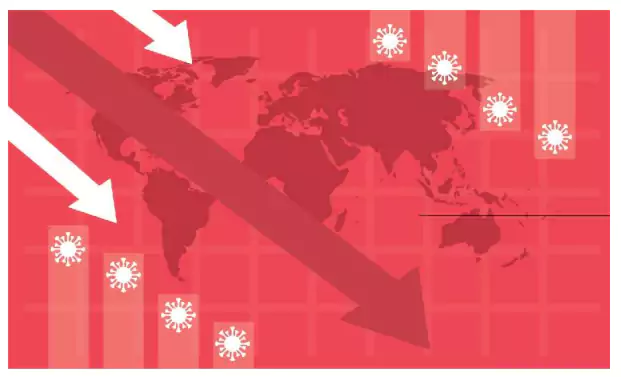One of the challenges arising from the pandemic caused by the novel coronavirus is to mitigate its impact on the economy and credit market, while respecting health and well-being recommendations. Thus, numerous emergency measures of financial support to informal workers, individuals and companies that have lost or had a significant reduction in their sources of income have already been approved or are under approval in Brazil and other countries.
Worldwide, regulatory agencies and credit market entities recommend the adoption of debt renegotiation policies, maturity postponement and negotiation flexibility between creditors and debtors. These new conditions for the settlement of debts may avoid payement default and meet both sides needs.
Meanwhile, main international credit authorities reinforce the importance of the integrity and continuity of credit protection databases, due to their critical role for the credit reporting system. Despite the crisis, they recommend creditors to continue providing bureaus with creditworthiness information given that the continuity of the system is essential for consumers, credit entities and the economy.
Acccording to these entities, the most effective solution to protect consumers is to expand credit to companies, especially Small and Medium Enterprises (SMEs), and to extend payment terms, as the credit bureau systems are essential to support recovery measures, especially as a parameter for an eventual economic reactivation program and
assistance to debtors.
The International Committee on Credit Reporting (ICCR), championed by the World Bank considers that a crisis like the current pandemic brings to discussion how payment default or delay shall be dealt with by the credit reporting system.
From ICCR perspective, regulatory authorities for credit reporting systems should consider implementing several measures. Among them, the unrestricted and continuous sharing of credit reporting, including payment default due to the crisis, with the necessary safeguards to assure a weighted fator on the data holders’ credit history and score.
The Association of Consumer Credit Information Suppliers (ACCIS), an international entity that brings together 39 credit bureaus, advises that credit rating agencies do not provide credit and therefore cannot suspend payments as their main role is to contribute to responsible access to credit and to the financial stability that protects lending institutions, creditors and the society as a whole.
In the United States, the Board of Governors of the Federal Reserve System (FRB) and other credit entities issued an interagency statement showing that this unique situation may represent temporary business disruptions and challenges that will affect banks, credit associations, businesses, borrowers and economy. The paper encourages financial institutions to work prudently with borrowers who may not have the ability to meet their debt obligations due to the COVID-19 crises. They consider that proactive actions by institutions to reduce credit risk are in the best interest of institutions, borrowers, and the economy.
In Brazil, the National Association of Credit Bureaus (ANBC) and its associates have encouraged individuals and companies impacted by the crisis to negotiate with their creditors. The sector also extended the deadline for entering negative markers in credit report from 10 to 45 days. This measure, effective from April 17, is valid for 90 days and
was decided in agreement with creditors, such as financial institutions, to open up space for renegotiation between the parties, without penalizing consumers and companies.
As credit is one of the main pillars of economic recovery, Brazil must respect the principle of data integrity essential for credit risk assessment, promote interaction between the parties and mark the information on affected borrowers in the context of the pandemic to assure them a fair assessment in the future.
Initiatives that limit the access to or use of the information required for credit risk assessment will bring uncertainty to credit agents and, as a consequence, a reduction in the volume of resources and unfavorable conditions in credit granting, jeopardizing government initiatives and harming consumers, enterprises, the economy and people
well-being.
Thanks for reading this article. Please feel free to comment. Access ANBC page on LinkedIn.
Por: Elias Sfeir Presidente da ANBC & Membro do Conselho Climático da Cidade de São Paulo & Conselheiro Certificado




